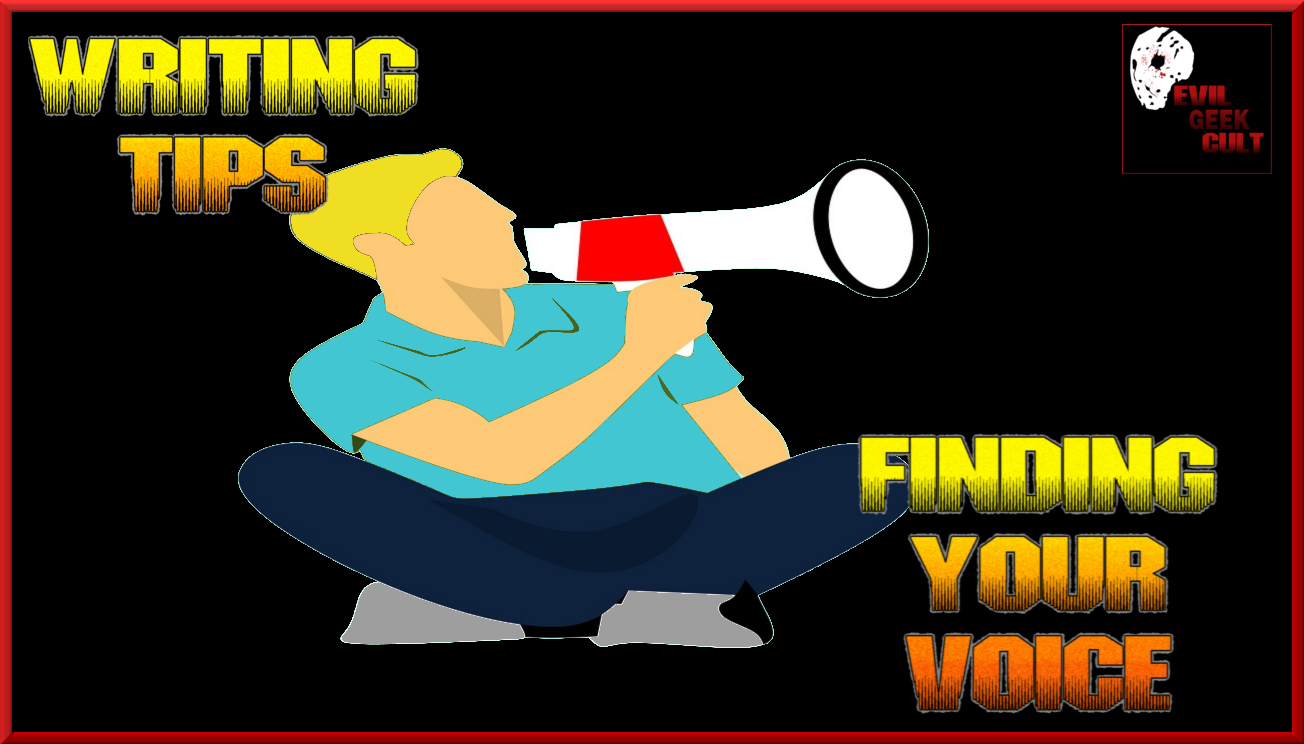“Writing is a struggle against silence.”- Carlos Fuentes
Voice is a struggle for new writers who have yet dared to tread on the untouched roads of their writing adventures. It can sometimes be this amorphous thing that we are taught to seek and value without ever really understanding its worth or even how to obtain it in the first place. Let us shed some light on this sometimes elusive thing.
What is a writer’s voice?
Voice is a unique quality that a writer gifts his or her words. It conveys all that you are and all that you are not. It’s a personality that is as unique to any singular writer as their very own thumbprint. It can never be copied, only imitated.
Why is voice important?
While anyone with the right know-how can string a sentence together, your voice is what will make your writing uniquely you. It imbues your stories with a life of its own. It also makes your words jump off the page and sends them dancing into the hearts and minds of your audience. People will seek you for it and others will reject you because of it. Its a central tool for any writer and finding it can be a daunting task for beginners.
What’s the difference between a writer’s voice and tone?
Much like plot and premise, the terms voice and tone are sometimes thrown around interchangeably in some circles. However, voice and tone are not the same. While voice conveys personality, tone conveys emotion and mood. A writer’s tone from scene to scene will change to better evoke the desired emotional response in the audience, while a writer’s voice is consistent through the story, sometimes even through the entirety of an author’s body of work.
Ok, so how the fuuuuuck do you find your voice?
Telling someone that they need to imbue their words with their essence can be terrifying to anyone who is unsure of who they are, in terms of writing or otherwise. The simplest way of finding your voice is by writing frequently and with some measure of consistency. As with any birth, some bloodletting and hours of labor are required. A price for such knowledge must be paid and it comes in the form of travail. Over time, your writing evolves and your voice will eventually flow naturally into your pieces. There really aren’t any shortcuts around it. It’s just something you’ll have to iron out with elbow grease.
There are useful exercises to help your voice emerge from within. One thing that I did in unsure times was to adopt the style of some of my favorite writers. When I was writing the rough draft of my manuscript, I had several scenes that required writing action. I had never written action before and so writing those particular scenes was a lesson in humility. When I couldn’t decide how to go about writing those scenes, I adopted the style of my favorite author who is well known for writing the most epic and kick-ass fighting scenes. Reading back through those encounters, I come off as a cheap imitation, but it saw me through. While it may seem like a failure on some level, in terms of your voice, knowing who you aren’t is just as important as knowing who you are.


Leave a comment